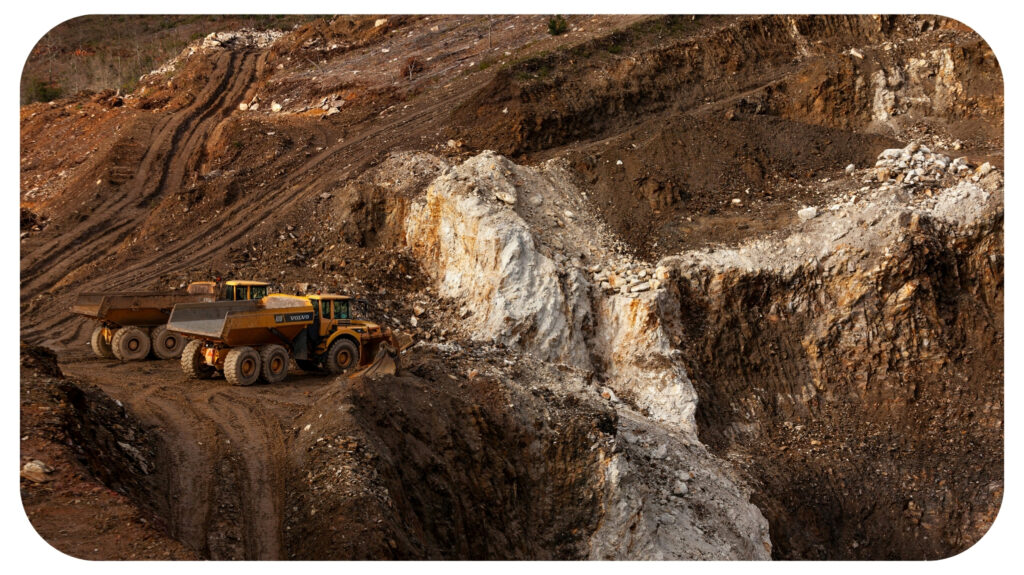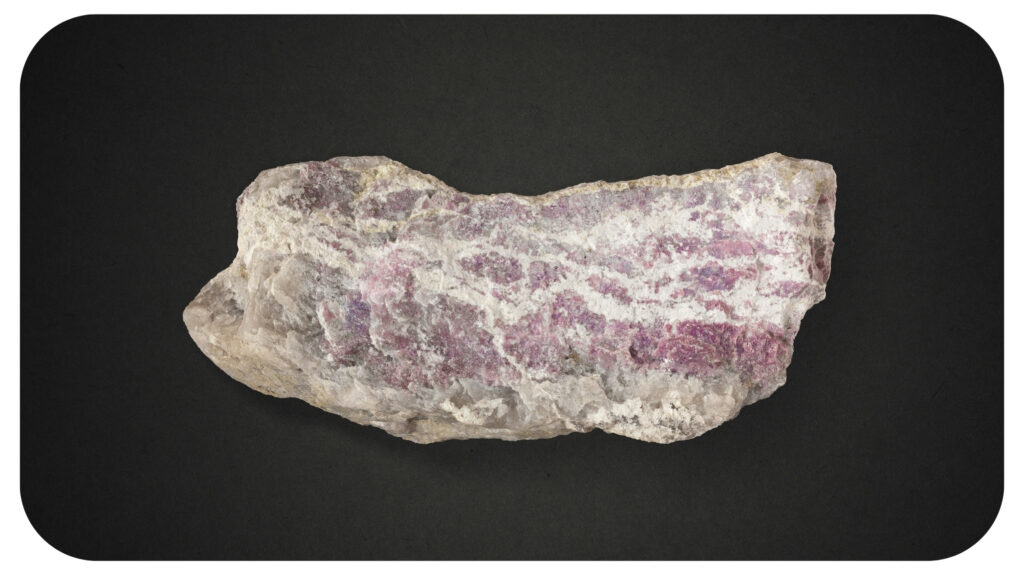Innovations in Lithium Refining: Austroid Corporation’s Approach to Clean Energy Supply Chains

In the race toward a sustainable future, the spotlight is on clean energy—and lithium is a key player. With electric vehicles and renewable energy storage at the forefront of global change, demand for lithium has skyrocketed. Yet, as its importance grows, so does the need for refining innovations that ensure a responsible supply chain.
Current practices, often inefficient and environmentally taxing, require urgent transformation. Austroid Corporation executives discuss the groundbreaking efforts in lithium refining to discover how these advances promise to safeguard our planet while meeting the surging global need for clean energy solutions.
Current Challenges in Lithium Refining
Lithium refining, at first glance, promises the possibility of clean energy and a sustainable future. Conventional methods of lithium extraction involve massive water consumption and can lead to significant water pollution.
Such processes often involve open-pit mining and evaporation ponds, which may harm local ecosystems. Deforestation, soil erosion, and biodiversity loss become uninvited guests in these scenarios. Imagine stripping away the very skin of the Earth—an unsettling thought, indeed. The heavy use of chemicals, such as sulfuric acid, in the refining process seeps into the ground, often contaminating water sources for miles around.
Communities near lithium mines may face disrupted water resources. Farmers could find their irrigation water tainted, impacting their crops and livelihood. Opting for sustainability should not imply compromising other environmental aspects.
Refining lithium using traditional methods is a costly affair, not just in terms of money but also in terms of environmental capital. The price tags associated with lithium are propelled by its complex extraction process and the technology required to refine it.
“These economic burdens can make sustainable supply chains feel like a distant, elusive dream,” says a top-level executive from Austroid Corporation. “The higher costs may trickle down to end-users, affecting the affordability of lithium-powered solutions.”
While financial strategies are explored, the balancing act between ecological and economic factors endures.
Innovative Techniques in Lithium Refining
With lithium’s extensive use in batteries, particularly for electric vehicles, the pressure to efficiently and sustainably extract and refine lithium is mounting. Innovations in lithium refining are pivotal to ensuring a greener supply chain.
Direct Lithium Extraction (DLE) is revolutionizing how we obtain lithium. Unlike traditional mining methods, DLE focuses on extracting lithium directly from brine. As technology advances, so too do the methods we use to separate lithium from other materials. New materials and processes are making lithium separation more efficient than ever before.
These cutting-edge technologies not only enhance efficiency but also boost the purity of the lithium extracted, making the process more cost-effective and environmentally conscious. These innovative techniques in lithium refining signify a leap—ushering in an era where clean energy supply chains are not just a goal, but an achievable reality.

Sustainability Practices in Lithium Supply Chains
Ensuring a sustainable future in energy depends heavily on the way we handle lithium, a vital element in modern batteries. As demand soars, it becomes crucial to develop practices that align with our environmental and social goals. Sustainability encompasses not only the recycling of materials but also the ethical treatment of communities in regions where lithium is sourced.
Recycling lithium batteries isn’t just a green idea; it forms an essential part of a sustainable supply chain. The batteries powering our gadgets and electric vehicles have a finite life. However, they hold nearly 95% retrievable components that can be transformed into new products.
Recycling involves a series of processes that first focus on safe collection, followed by shredding and thermal treatment to recover valuable metals like lithium, cobalt, and nickel. This isn’t just a win for reducing waste; it lightens the load on mining operations, conserving natural resources.
A circular economy takes this a step further by ensuring that instead of ‘end-of-life’, products are designed for ‘next-life’. This approach makes recycling not a last resort but a built-in feature of product design. Companies are now embracing these concepts, creating standards and systems that push for maximum reuse, repair, and recycling.
Ethical sourcing is increasingly gaining momentum, aiming to ensure that lithium extraction does not harm communities or the environment. Regions rich in lithium, such as South America’s Lithium Triangle, face social and environmental challenges.
Notes an Austroid Corporation executive, “Ethical practices in lithium mining not only align with global standards but also build trust with consumers increasingly aware of where their products come from.”
By embracing both recycling and ethical sourcing, the lithium supply chain sets a powerful example of how industries can adapt to meet the needs of the planet and people alike.
The Future of Lithium Refining and Clean Energy
As our world pushes towards a greener tomorrow, the spotlight shines brightly on lithium. This metal, known as “white gold,” powers everything from electric cars to renewable energy storage systems. But as demand surges, so does the need to refine lithium in ways that are both efficient and environmentally friendly.
Innovations in lithium refining have opened new doors to align with broader renewable energy goals. Lithium-ion batteries are at the heart of energy storage systems, allowing solar and wind power to be saved for when the sun isn’t shining, or the wind isn’t blowing. This makes renewable energy sources more reliable and consistent.
The surge in electric vehicles has increased the demand for lithium drastically. As refining processes become more sustainable, EVs will leave an even smaller carbon footprint, shifting away from fossil fuels.
Lithium batteries help stabilize energy grids by storing excess power during peak production times and releasing it when demand is high. This ensures a smooth and steady flow of electricity, reducing the need for fossil fuel backup.
“The integration is not just about using lithium but about using it wisely,” says a leader at Austroid Corporation.
Creating a sustainable framework for lithium refining requires more than just technology. It calls for collaboration and cooperation at various levels. By fostering these relationships, stakeholders can ensure that the move towards efficient and eco-friendly lithium refining is not only possible but inevitable.
Through innovation and collaboration, lithium refining will not only meet future energy demands but do so responsibly, aligning with the planet’s needs. The future of lithium refining holds immense potential as we strive for a sustainable energy landscape. Continuous innovation in refining methods lays a critical foundation for reliable and eco-friendly energy solutions. As clean energy demands grow, so does the need for improved refining processes that lower environmental impact and maximize efficiency.
As technology evolves, so must our approach to extracting and refining crucial resources like lithium. The responsibility lies with both industry leaders and policymakers to push forward with solutions that balance growth and sustainability, paving the way for transformative change in global energy supply chains.
Recommended For You
6 Key Considerations for Efficient Sea Freight Operations
Most Inside
Most Inside offers high-quality recommendations and valuable updates to enhance all aspects of your life, providing premium guidance and enriching experiences.




